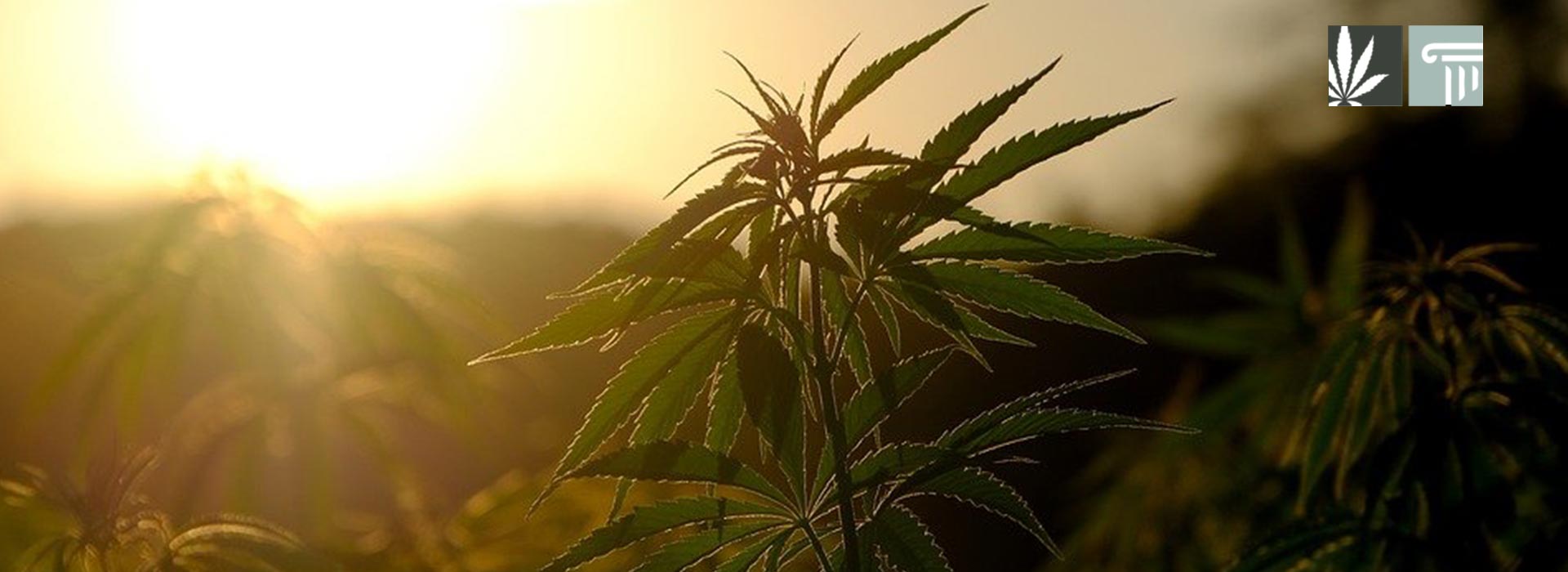The US House of Representatives passed a defense spending bill with an amendment that would protect banks which provide financial services to state-legal cannabis businesses from federal interference.
This marks the fifth time the House has approved legislation – the Secure and Fair Enforcement (SAFE) Banking Act – that would allow banks to work with cannabis businesses without fear of federal reprisals.
However, the Senate version of the legislation – the National Defense Authorization Act (NDAA) – as released by the Senate Armed Services Committee, has no such reference to marijuana banking reform. What’s more, leading senators have called into question the desirability of passing incremental cannabis reform this way before a more comprehensive legalization bill.
The Senate is yet to approve its version of the NDAA, but should that happen and it still doesn’t contain an amendment allowing for banks to work with state-legal marijuana businesses, then the issue will need to be resolved in a bicameral conference committee.
Senate Majority Leader Chuck Schumer (D-NY) and Sen. Cory Booker (D-NJ) are lead sponsors of the Cannabis Administration and Opportunity Act (CAOA), and believe this bill should be prioritized over the SAFE Banking Act, which House lawmakers included in the NDAA.
Booker previously said he would “lay myself down” to stop marijuana banking legislation passing before federal cannabis legalization. Meanwhile, Schumer said justice and equity-focused marijuana legalization should come before piecemeal efforts, like the SAFE Banking Act, which largely benefit businesses without tackling the harms of cannabis criminalization. Schumer further said ending federal cannabis prohibition would holistically tackle the banking problem afflicting state-legal marijuana businesses.
NORML, the leading marijuana reform advocacy organization in the US, believes it’s possible to pursue incremental cannabis banking reform without losing momentum for full legalization.
“Enactment of the SAFE Banking Act would improve public safety and business efficiency in the 36 states that currently permit some form of retail marijuana sales,” said NORML Political Director Justin Strekal. “The Senate should ensure this provision remains in the final version of this funding package and enact it swiftly.”
The SAFE Banking Act’s lead sponsor, Rep. Ed Perlmutter (D-CO), also thinks the Senate should include the SAFE Banking Act in the NDAA, and is optimistic this will happen.
“I mean, the fact that it deals with cartels and national security, on top of the need for the public safety piece of this thing, I think that we’ll be able to convince the conference committee and the conferees generally to keep it in,” Perlmutter said. “But we still have work to do.”
Colorado Gov. Jared Polis recently urged Senate lawmakers to pass cannabis banking reform expeditiously as a matter of public safety.
The chairman of the Senate Armed Services Committee, Jack Reed (D-RI), confirmed the issue of cannabis banking reform hadn’t been raised among members of his panel.
And without the support of the Senate Majority Leader nor the Minority Leader Mitch McConnell (R-KY), an arch-skeptic of marijuana reform in general, it seems unlikely the SAFE Banking Act will be included in the Senate’s version of the NDAA.
Yet support for cannabis banking reform as a standalone bill appears relatively robust in the Senate, with the Democrats now in control by a slim margin. But for now it’s over to the bicameral conference committee to determine whether the SAFE Banking Act should make its way to President Joe Biden’s desk as part of the NDAA or not.






